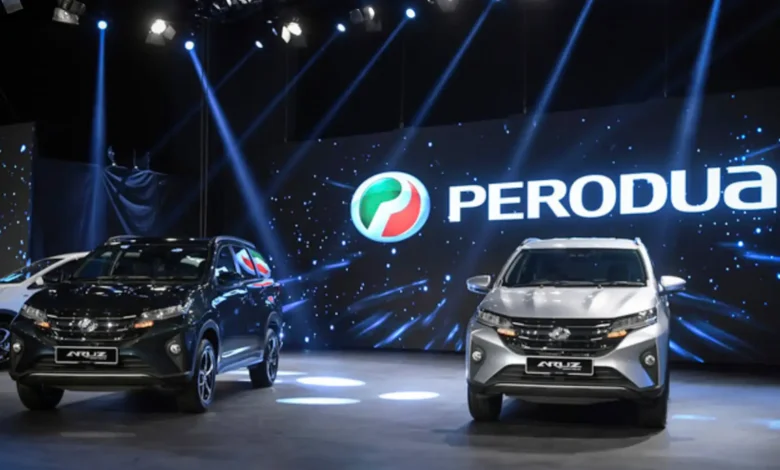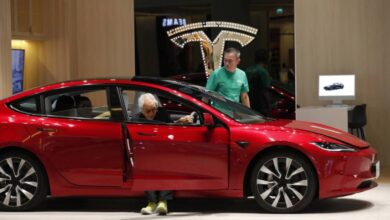Auto sector likely to hit potholes in second half

[ad_1]
PETALING JAYA: The Malaysian automotive industry hit a speed bump in August when total industry volume (TIV) fell 2.3% year-on-year (y-o-y) to 71,162 units despite various promotions to attract buyers.
In fact, some research houses think the auto sector will hit potholes in the months ahead and expect TIV, which tracks new vehicle sales, to soften in the second half of the year (H2 2024).
In a note today, RHB Research said most of the major marques saw declines in unit sales last month, with Proton, Toyota and Honda recording drops of 10%, 17% and 5% y-o-y.
However, Perodua recorded its highest ever monthly sales, at 34,700 units (+11.6% y-o-y). Excluding the largest national carmaker, TIV would have dropped by 13% y-o-y in August, it added.
The research house noted that TIV for the first eight months of the year amounted to 533,000, a 5.9% increase y-o-y.
“The strong YTD TIV performance was mainly contributed by passenger car sales, which grew 8% y-o-y while commercial vehicles sales contracted by 14%, likely affected by the removal of the diesel subsidy,” it said.
Nevertheless, RHB said TIV performance in September is anticipated to be weaker.
“We anticipate weaker month-on-month TIV numbers in September due to expected scheduled factory maintenance shutdowns by Perodua, which coincided with the recent Malaysia Day long holiday weekend.
“We keep our ‘neutral’ sector weighting as we expect the TIV to soften in H2 2024 in tandem with normalising sales volumes.
“Our 790,000 2024 TIV assumption implies an 8% y-o-y decline in the second half,” said RHB, which has Bermaz Auto Bhd as its top sector pick.
It has a target price of RM3.05 for the stock, which was trading at RM2.30 at the time of writing.
Meanwhile, Kenanga Research said the auto sector’s mid-market segment could be weighed down by the roll-out of e-invoicing and potential fuel subsidy rationalisation.
It said the B40 (bottom 40% income) group targeted by the affordable car segment will be spared the impact of the fuel subsidy rationalisation.
However, it said the M40 group may hold back from new car purchases, or even downtrade or switch to electric vehicles to cut fuel bills.
Kenanga said the implementation of e-invoicing is set to have a major impact on new car purchases especially in the mid-market segment as it will essentially cease the practice of providing 100% hire purchase financing.
[ad_2]





